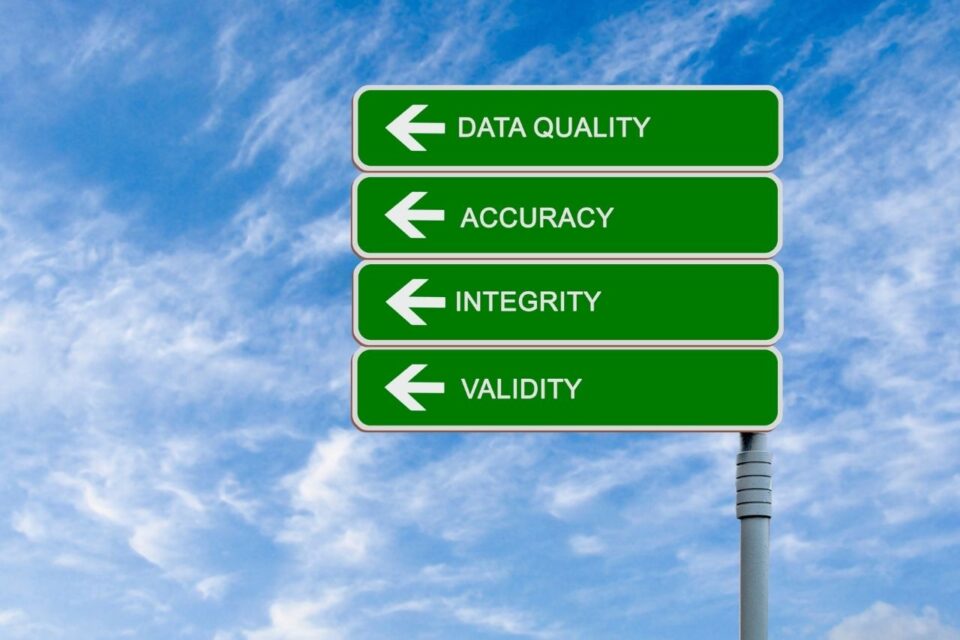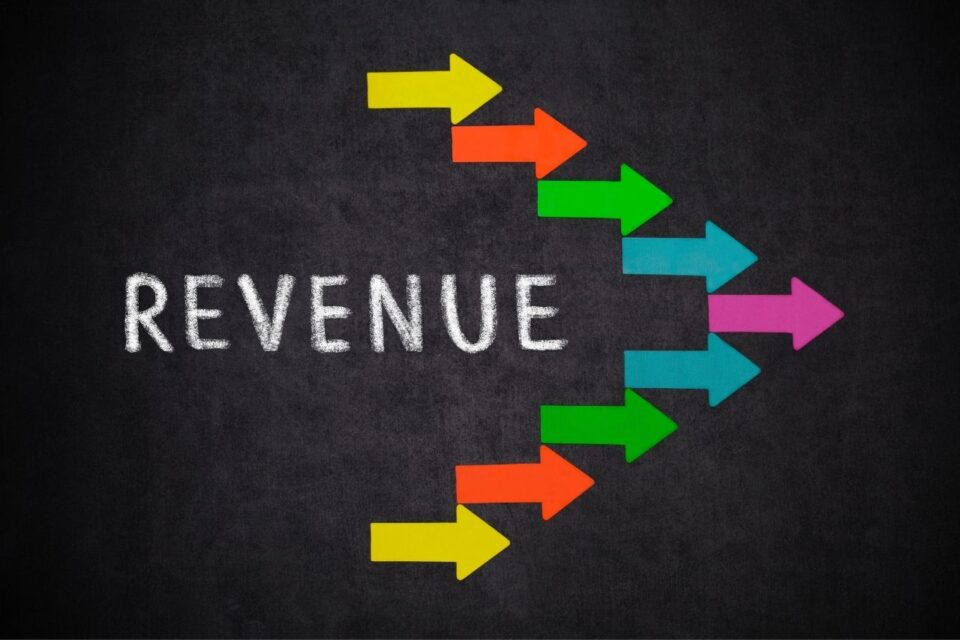
The Importance of Aligning the Healthcare Revenue Cycle with the Patient Experience
December 6, 2018
Hospital Revenue Unstable Despite Outpatient Volume Growth
January 16, 2019According to a new survey, some healthcare providers are enhancing their revenue cycle IT budgets in contrast to last year.
The survey which involves revenue cycle management executives, health system CFOs, Navigant survey of 107 hospitals together with the annual Healthcare Financial Management Association (HFMA) revealed that 68% of healthcare organizations would be looking forward to raising revenue cycle IT budgets. However, the number of respondents is down from 74%.
Also, an exiguous number of executives (39%) anticipated more than a 5% revenue cycle IT budget growth in 2018, compared to the previous year. Plus, the number of executives (53%) who outlined no change in their revenue cycle IT budgets is more as compared to 2017.
56% of respondents also said that EHR revenue cycle management adoption challenges have even upped or surpassed the advantages of integration.
Small health-service executives found adoption of electronic records in revenue cycle management a bit challenging rather than useful. As good as 24% of hospital leaders encountered more confrontation compared to 16% of healthcare executives. And, nearly 27% of small healthcare executives expressed more opposition compared to 16% of large hospital participants.
Overall, healthcare providers are still doing their utmost to recuperate EHR functions. The survey also exposed that 56% of respondents faced trouble pacing with EHR upgrades or insufficient use of available EHR functions.
According to the Managing Director at Navigant, Timothy Kinney, besides investing a considerable amount of time and money, it is the complexity that comes with technology which ceases an immediate return on their funding. However, if providers strive to properly optimize the EHR-related revenue cycle process, a good part of ROI could be earned.
Consumer self-pay strategies are also interpreted as resistance for hospitals. In fact, the number of respondents who believe that consumer self-pay will influence their healthcare center in 2018 has been reduced compared to last year.
Although, still 81% of executives predicted that patient financial responsibility would have a notable impact on their healthcare organization.
This is why, in 2018, most hospitals (59%) said that they believe consumer self-pay will have a fair to middling influence on their organization. And only 22% of respondents said that patient financial responsibility would have a meaningful impact on the organization, contrary to 40% in last year’s survey.
About one-third of health system executives believed that consumer self-pay will exert a meaningful impact versus just 18% of hospital-based executives. Also, nearly 29% of larger hospital leaders stated that consumer self-pay strategy will influence their system versus 18% of smaller hospital leaders.
The influence of consumer self-pay on health care providers is directly related to high-deductible health plans and negative changes to the economy. This emphasizes the need that providers must have available opportunities to guide patients on out-of-pocket expenses, foresee their readiness to pay as timely as possible, and acquire auxiliary ways of financing when required.
Meanwhile, revenue integrity and revenue cycle management optimization through technology should be the prime areas to focus on.
Do you want to increase your bottom line? Learn how our software is saving other organizations $$MILLIONS!
If you are interested in a free demo of our AllPayor® Software, please go HERE or you can register for a FREE webinar HERE





